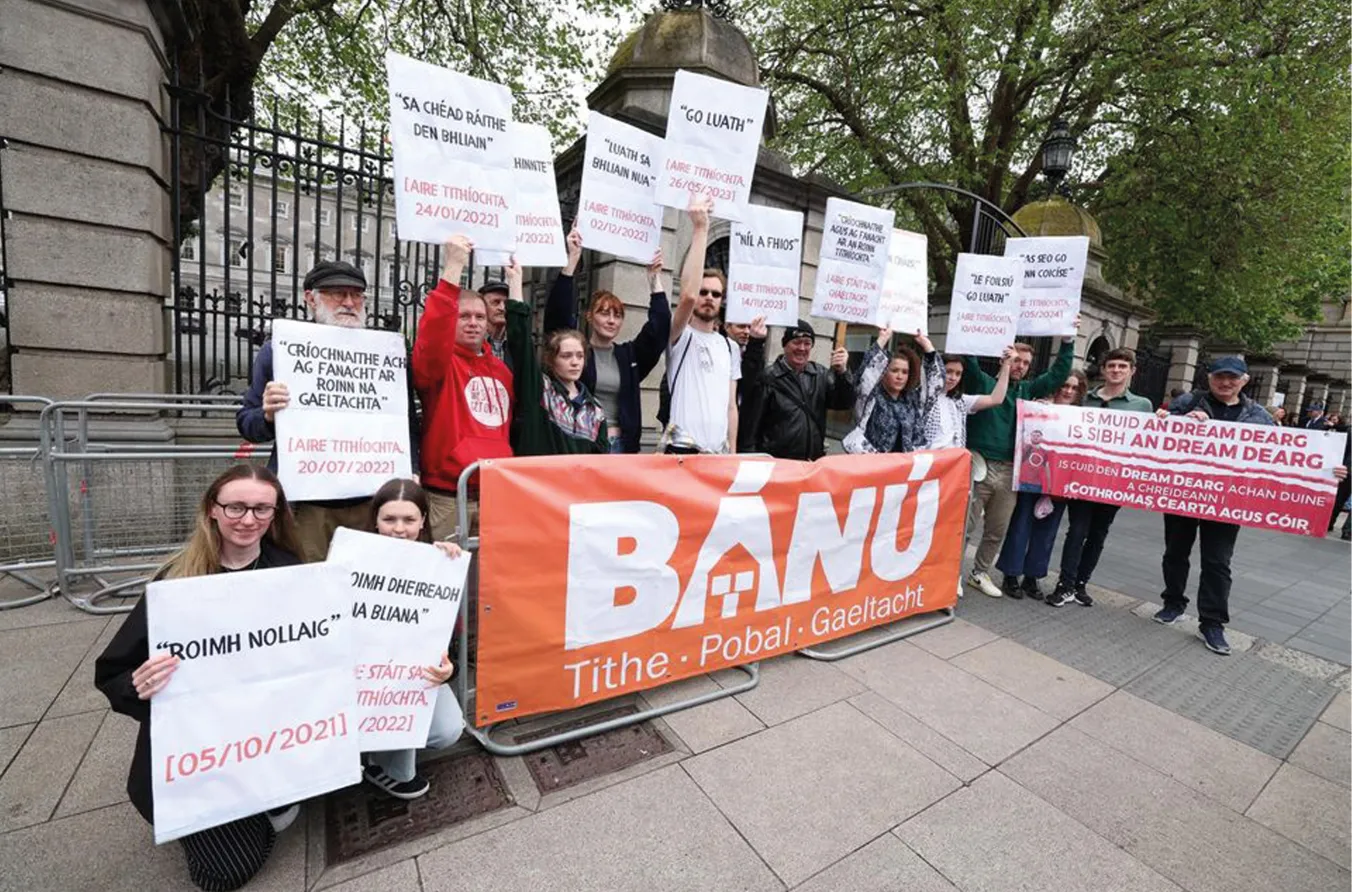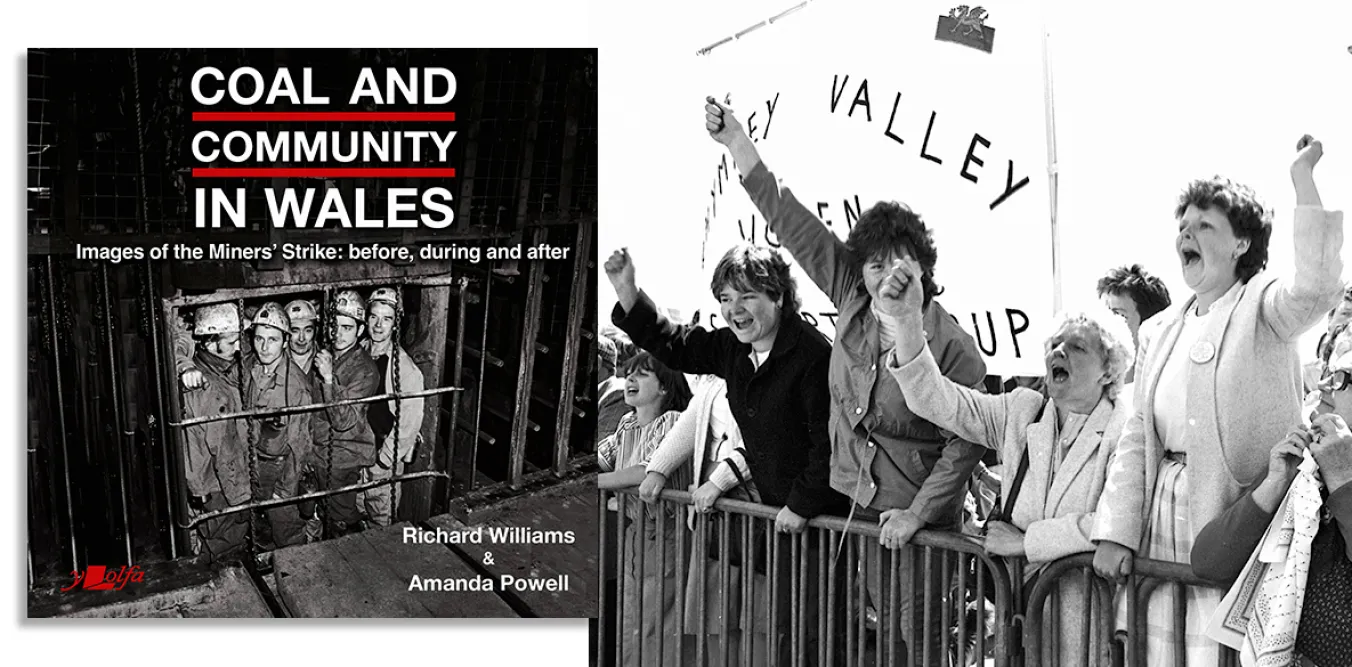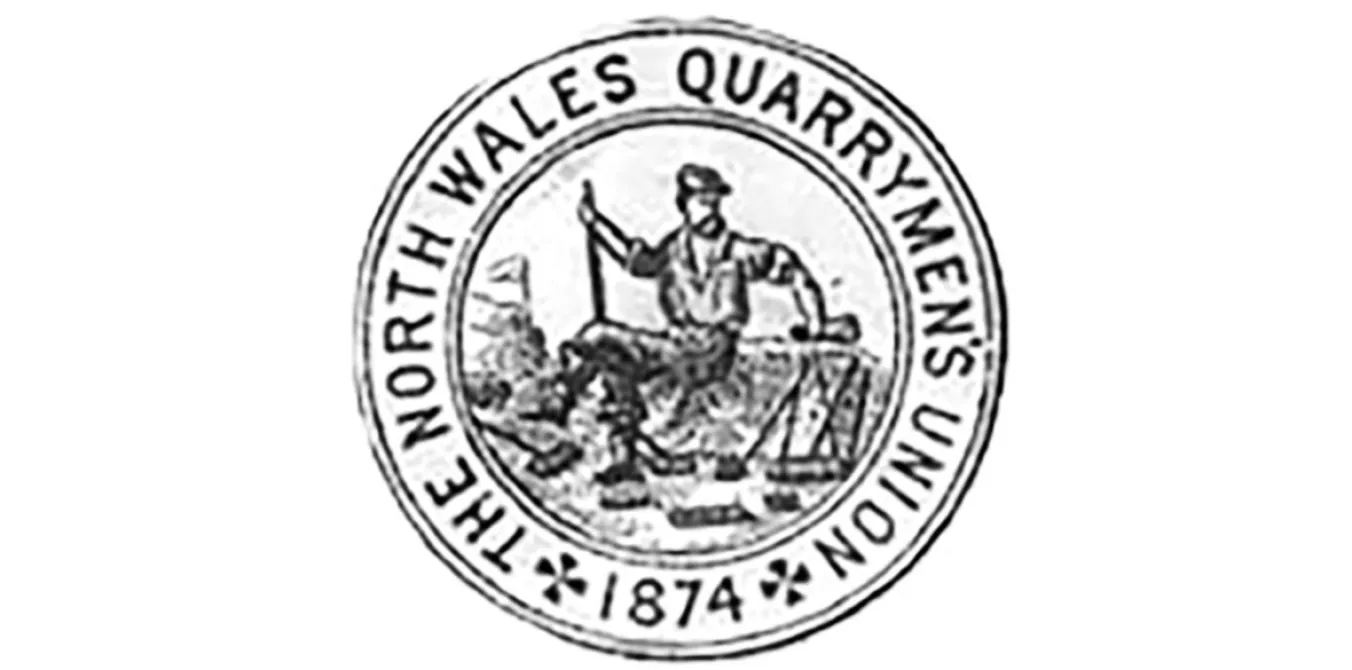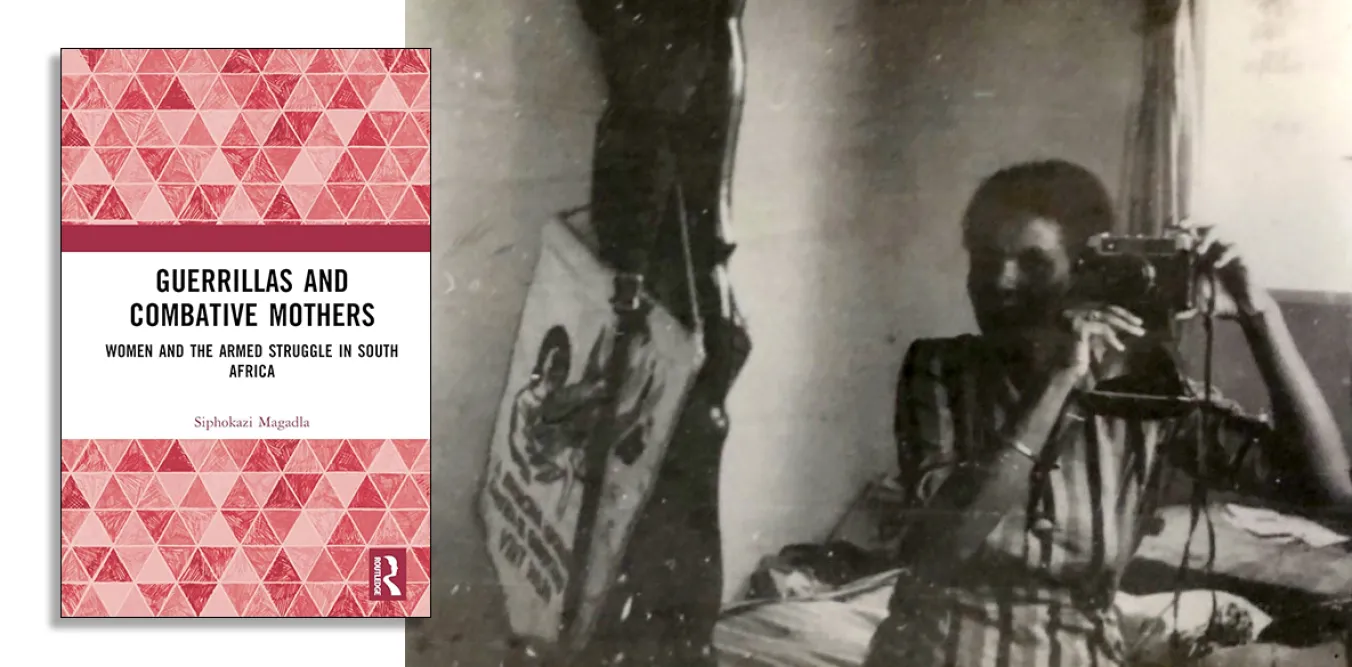
WITH the release of the Irish-language biopic Kneecap, the nomination of Irish-language films at recent Oscars and more and more Irish celebrities using Irish, you’d be forgiven for thinking the Irish language was in an assured and popular place.
However, the material conditions of Ireland’s 20,000 daily speakers inside its designated language districts, the Gaeltacht, starkly contrast with a language in vogue. These sharply defined conditions felt by its native speakers (especially the youth) reaffirm the urgent point laid out in the Kneecap film’s final message: a minority language dies every 40 days on this planet.
After centuries of colonial subjection and 100 years of independence in 26 of its counties, Ireland’s once nationwide majority language is now reduced to scattered regions along its most westerly coasts.












